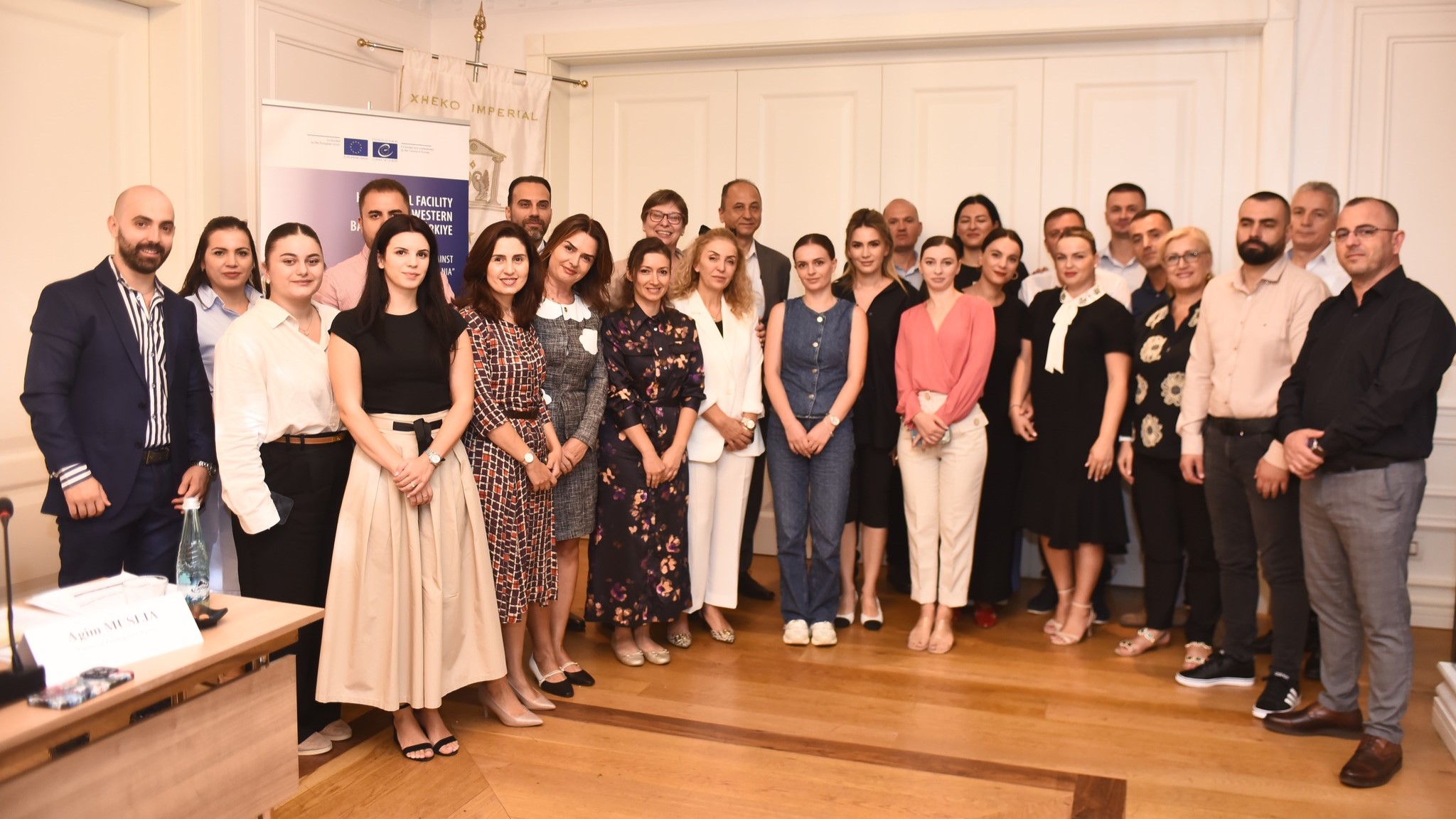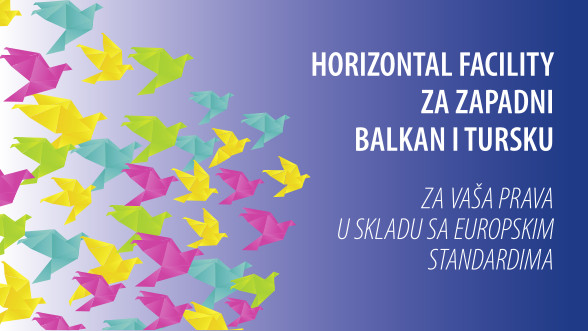Given the evolving risk of infiltration of organised crime and its sophisticated forms in economic and social life, the role of supervisory institutions remains crucial. To assist Albanian authorities, a two-day training was organised in Tirana under the joint European Union/Council of Europe Action against Economic Crime in Albania, in co-operation with the Financial Intelligence Agency. The event improved the skills of supervisory authorities overseeing non-financial businesses and professions, including notaries, lawyers, real estate mediators, accountants, auditors and gambling service providers. During the training participants learnt to better identify, prevent, and respond to criminal infiltration and money laundering risks, in line with European standards and good practices.
Twenty-five representatives of supervisory institutions in the non-financial sector, including the Ministry of Justice, the National Bar Association, the Public Oversight Board, the Gambling Supervisory Authority, and the Financial Intelligence Agency attended the training. They advanced their understanding of sector-specific vulnerabilities through focused discussions on the applicable legal and regulatory frameworks, complemented by international best practices for detecting suspicious activity and ensuring compliance with European standards.
The training used practical tools, real-life case studies from Albanian and international contexts, and -peer-to-peer exchanges to promote a more co-ordinated, proactive approach, reducing the risk of misuse in the non-financial sector. Council of Europe experts stressed adopting a risk-based approach, enhancing mechanisms for detecting suspicious activities, analysing criminal typologies and trends, and planning effective off-site and on-site inspections. The event also strengthened co-operation among supervisory authorities, law enforcement, and the Financial Intelligence Agency in the fight against money laundering.
The event was organised by the Action against Economic Crime in Albania, as part of the joint European Union/Council of Europe programme “Horizontal Facility for the Western Balkans and Türkiye”.



